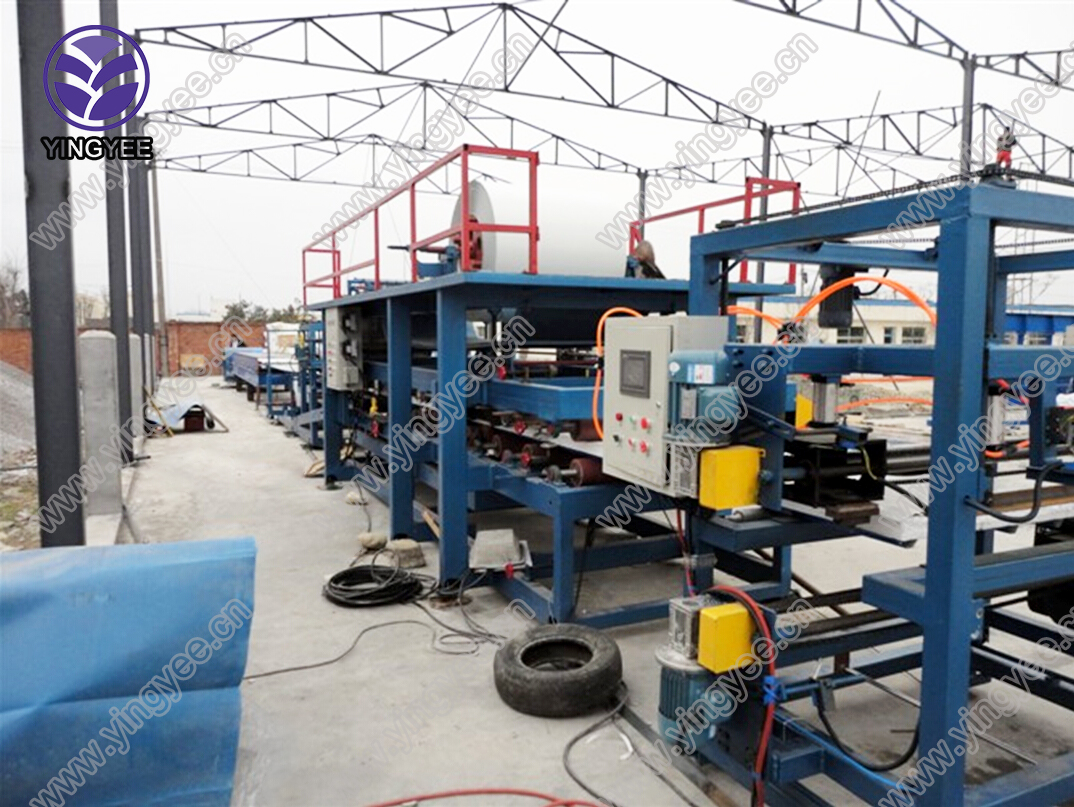
Understanding the Price of Tile Roll Forming Machines
In the modern manufacturing landscape, tile roll forming machines have emerged as an essential tool for producing high-quality metal tiles used in various construction applications. The rising demand for durable and visually appealing roofing materials has led to an increasing interest in these machines, prompting many manufacturers and contractors to consider investing in them. One crucial aspect that potential buyers focus on is the price of this advanced equipment. This article delves into the factors that influence the price of tile roll forming machines and provides insight into what buyers should keep in mind.
The Basics of Tile Roll Forming Machines
Tile roll forming machines are specialized equipment that converts metal coils into roof tiles through a continuous forming process. These machines utilize a series of rollers to shape the metal sheets into the desired profile, creating tiles that can mimic traditional materials like clay or slate while offering superior durability and weather resistance. Given their pivotal role in the production process, understanding their price structure is vital for businesses looking to enhance their operational capabilities.
Factors Influencing Prices
1. Machine Specifications The specifications of a tile roll forming machine significantly affect its price. Machines come with different features, automation levels, and production capacities. For instance, a fully automated machine with advanced control systems will generally be more expensive than a manual or semi-automated variant. Key specifications to consider include the width and thickness of the metal sheets it can handle and the production speed, which influences overall productivity.
2. Material Quality The materials used in the construction of the roll forming machine itself can impact the price. Machines made from higher grade steel and components will be more durable and reliable but also come with a higher price tag. It's essential to balance quality and cost to ensure a good return on investment.
3. Manufacturer Reputation The manufacturer's reputation plays a critical role in pricing. Established brands with a track record of reliability, efficiency, and customer support often charge more for their machines. However, investing in reputable brands can lead to long-term savings through enhanced reliability and lower maintenance costs.

4. Customization Options Many companies require specific features tailored to their production needs. Customized machines often come at a premium price compared to standard models. However, this investment can pay off through improved efficiency and the ability to meet unique production demands.
5. Market Demand Like any other product, the price of tile roll forming machines can fluctuate based on market demand. High demand for roofing materials can drive prices up, while economic downturns might lead to discounts as manufacturers look to maintain sales volume.
6. Shipping and Installation Costs Prospective buyers should not overlook additional costs associated with purchasing a tile roll forming machine. Shipping, installation, and training can add significant expenses. It's wise to factor these into the total budget when considering a purchase.
Average Price Range
The price of tile roll forming machines can vary widely, generally ranging from $10,000 to $100,000 or more. Basic models designed for small-scale operations may be available at the lower end of this spectrum, while high-capacity machines equipped for large production runs can command much higher prices. Buyers should carefully assess their operational needs and budget constraints before making a decision.
Conclusion
Investing in a tile roll forming machine can be a significant financial commitment, influenced by various factors including machine specifications, material quality, manufacturer reputation, and customization options. Understanding these factors and conducting thorough research can help potential buyers make informed decisions, ensuring they choose a machine that meets their production needs while staying within budget. As the construction industry continues to evolve, the role of quality machinery like tile roll forming machines remains vital for those looking to produce lasting and appealing building materials.